‘Mann Mayal’ producer Sana Shahnawaz on making it in a male-dominated industry
Sana unpacks views on being a woman in a male-dominated industry, prospective projects
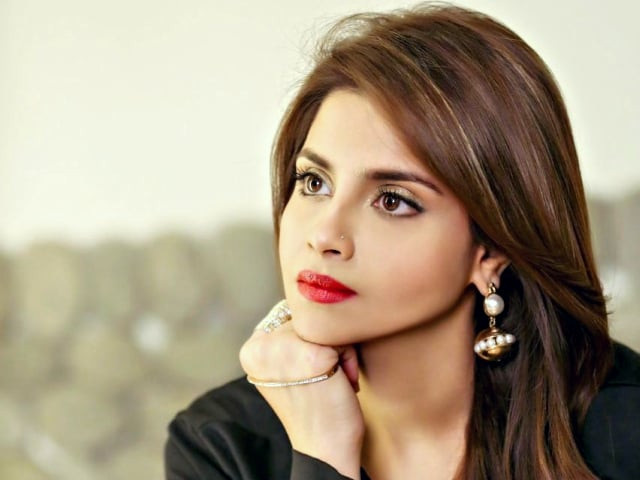
PHOTO: FILE
Can women in the industry in leading positions change this? We spoke to Sana Shahnawaz. Sana is the head of Next Level Entertainment and is behind the famous drama Khuda Mera Bhi Hai which focused on the plight of intersex and transgender individuals. In Pakistan, there have been many instances of harassment of intersex and transgender individuals and while there had been stories that had talked about these issues – a 20-25 episode serial focusing on this subject alone was quite groundbreaking. Sana’s other production, Iltija focused on a child with Down’s syndrome and the various stigma and taboo surrounding it. We spoke to Sana about how these subjects are important to her and what it’s really like to be a female stake holder in a man’s world. She made her debut as producer with the superhit drama series Mann Mayal starring Hamza Ali Abbasi and Maya Ali in lead roles.
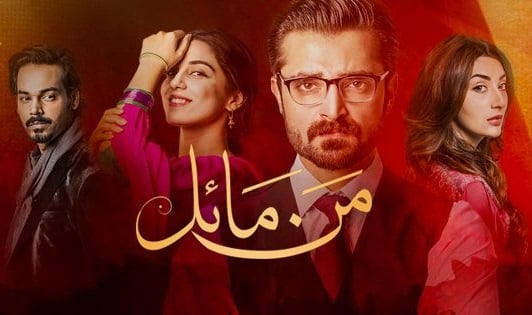 PHOTO: FILE
PHOTO: FILEET: What is it like being a powerful woman in an influential industry? Sometimes people don’t take women leaders seriously. Did that happen to you?
Sana Shahnawaz (SS): I don’t know if I’m powerful or anything. All I know is that I really wanted to tell stories and make dramas. There are so many stories out there. What gets me the most excited is designing the entire project according to the storyline. And along the way what I’ve experienced is that people in the fraternity don’t really care if you’re a man or a woman. They will embrace you for your talent.
ET: Is making dramas on social issues important to you?
SS: Yes it is. I somehow always gravitated towards social issues because I always wonder how people's lives get affected by them and what the solutions to those situations are. You know - the human story, the emotional journeys – all this really intrigues me. It's about time we made drama relevant again and just help people get a perspective on things.
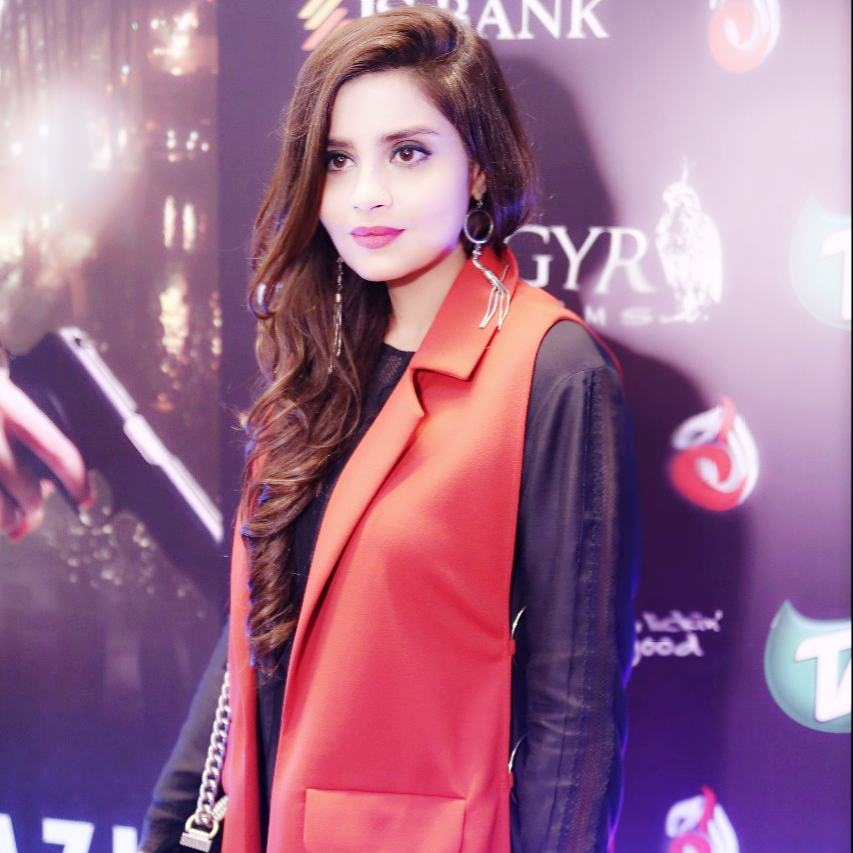 PHOTO: FILE
PHOTO: FILEET: How did you think of making a drama on transgenders? Did you face any opposition from people in the fraternity?
SS: I had always wondered about the lives of transgender people. As I grew older I got to know more and more through research. What I discovered was so fascinating and heartbreaking at the same time; I felt it needed to be shared with people. I believe the purpose of a commercial project is to provide pure entertainment whereas a project like Khuda Mera Bhi Hai, grates ones conscience - it makes people pay attention, listen intently and understand. It also makes them aware of things they might never discover otherwise.
ET: Your other drama is about a child with Down ’s syndrome. Is it difficult to do scripts like that and worry about ratings because people don’t want to watch subject matters that touch upon matters like that, especially with the stigma around it?
SS: Ilteja is a pretty big success. We should never underestimate our audience. All they want to see is a good story. If presented in the right way they will appreciate a sensitive story like Ilteja as well. And shukar Allhamdullillah, they have. There have been nonstop messages and phone calls telling me how much they didn’t know what it took to raise a kid born with Down’s syndrome and how their perception has changed. It has been nothing but an amazing experience and the response was beyond overwhelming.
ET: How do you choose scripts?
SS: For me it’s a very simple process to be very honest. The story should touch my heart and it has to be well written with a strong storyline and great dialogues. But most importantly, it should convey a positive message. The message imparted is crucial to the projects I undertake.
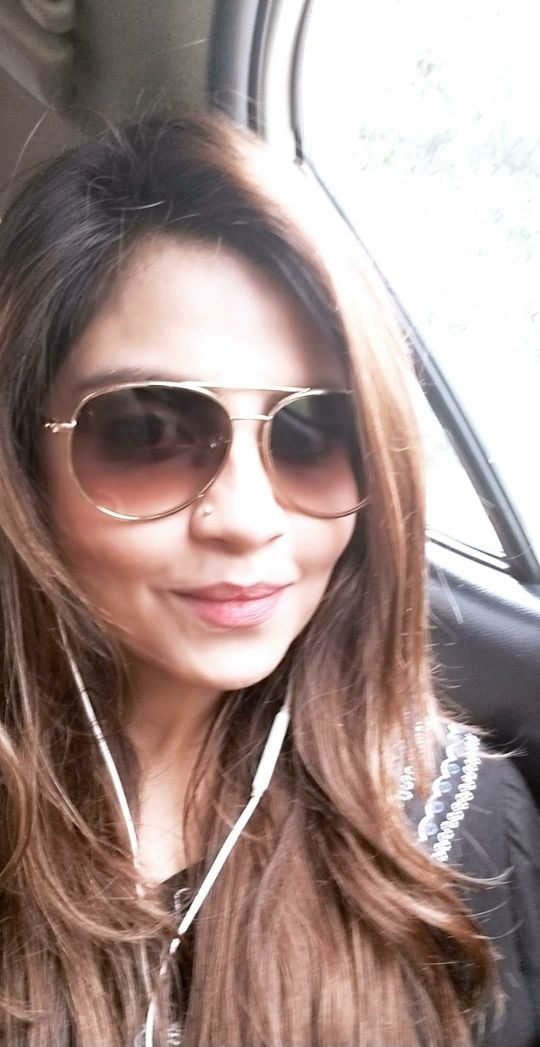 PHOTO: FILE
PHOTO: FILEET: Pakistani plays are generally viewed as regressive and misogynist? How do you respond to the criticism for them?
SS: I think this is changing now. Look at dramas like Kafir, Pyare Afzal, Dillagi, KMBH, Ilteja and many more where women are portrayed as strong and relentlessly fight against regressive and misogynistic views. I'm not saying all dramas that one has seen in the recent past have completely gotten rid of these kind of storylines but one can also see that producers, directors and writers are making a conscious effort to change this dangerous trend and thank God for that.
ET: What are your future projects?
SS: One of the plays that I’m currently producing are Qarz, written by Rida Bilal and is directed by Yasir Nawaz and it stars Aamina Sheikh, Syed JIbran, Sami Khan, Mansha Pasha, Shaheen Khan and Ghulam Muhiyuddin Sahab. There also another drama Khasara which is written and directed by Shahid Shafaat and it stars Mikaal Zulfiqar, Sarwat Gilani, Junaid Khan and Sonia Mishaal. Qarz will be on air in December and Khasara in January. The current plays of ours on air are Tau Dil Ka Kia Hua written by Khalil Rahman Qamar. We also have three more projects that will go on sets on January 2018 and I’m busy with casting and pre-production of these projects.
Have something to add to the story? Share it in the comments below.

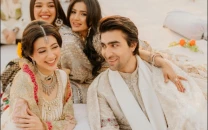
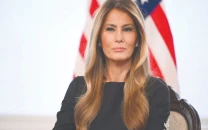


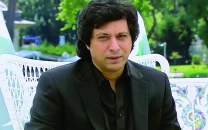













COMMENTS
Comments are moderated and generally will be posted if they are on-topic and not abusive.
For more information, please see our Comments FAQ